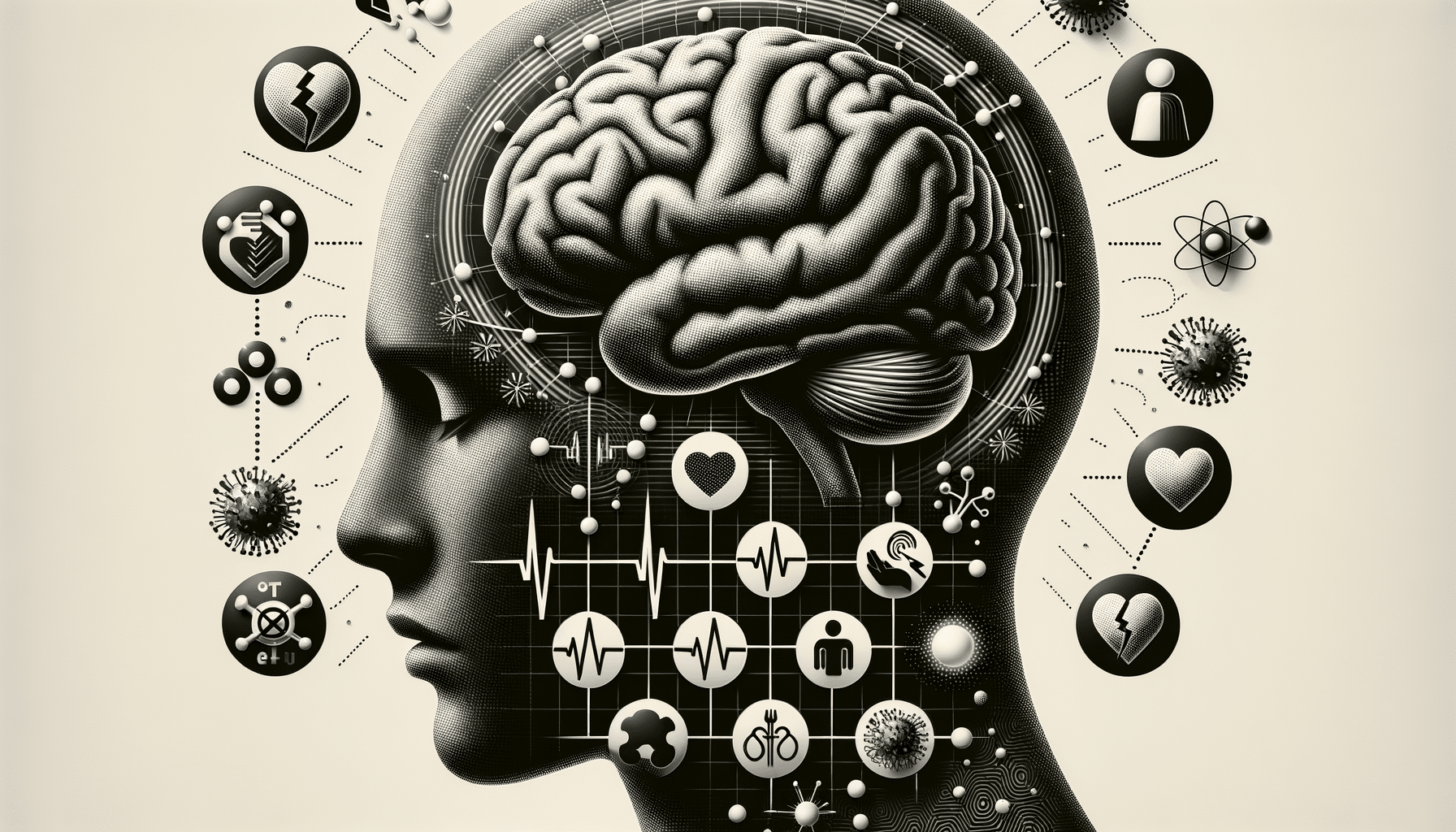
Understanding Constant Headaches and What They May Signal
Introduction to Constant Headaches
Headaches are a common ailment that most people experience at some point in their lives. However, when a headache becomes a constant companion, it can significantly impact one’s quality of life. Constant headaches can interfere with daily activities, reduce productivity, and even affect mental health. Understanding the potential causes and implications of persistent headaches is crucial for managing this condition effectively.
Constant headaches are not just a physical discomfort; they can also be a signal from the body indicating underlying issues. These headaches can range from mild to severe and may be accompanied by other symptoms such as nausea, sensitivity to light, and dizziness. The key to addressing constant headaches lies in identifying their root cause, which can vary from stress and lifestyle factors to more serious health conditions.
Common Causes of Constant Headaches
There are numerous potential causes for constant headaches, each requiring different approaches for management and treatment. Some of the most common causes include:
- Tension headaches: Often caused by stress, poor posture, or muscle strain, tension headaches are characterized by a dull, aching sensation around the head.
- Migraines: These are severe headaches that can last for hours or even days, often accompanied by nausea and sensitivity to light and sound.
- Medication overuse: Frequent use of pain relief medication can lead to rebound headaches, where the headache returns as the medication wears off.
- Hormonal changes: Fluctuations in hormones, particularly in women, can trigger headaches.
- Sinus issues: Inflammation or infection in the sinuses can lead to a constant headache, typically felt in the forehead and around the eyes.
Identifying the specific cause of a constant headache is essential for effective treatment. Consulting with a healthcare professional can help determine the underlying issue and the best course of action.
Symptoms and When to Seek Help
While headaches are common, certain symptoms associated with constant headaches should prompt a visit to a healthcare provider. These symptoms include:
- Severe pain that disrupts daily activities
- Headaches that worsen over time
- Changes in vision or speech
- Loss of balance or coordination
- Persistent nausea or vomiting
If you experience any of these symptoms, it is crucial to seek medical attention. A healthcare professional can conduct a thorough examination and recommend appropriate tests to diagnose the underlying cause of the headache. Early intervention can prevent complications and improve quality of life.
Management and Treatment Options
Managing constant headaches involves a combination of lifestyle changes, medication, and alternative therapies. Some effective strategies include:
- Stress management: Techniques such as meditation, yoga, and deep breathing can help reduce stress and prevent tension headaches.
- Regular exercise: Physical activity can improve overall health and reduce the frequency of headaches.
- Hydration and nutrition: Drinking plenty of water and maintaining a balanced diet can prevent dehydration and nutritional deficiencies that may trigger headaches.
- Medication: Over-the-counter pain relievers or prescription medications may be necessary for managing severe headaches.
- Alternative therapies: Acupuncture, chiropractic care, and massage therapy can provide relief for some individuals.
It is important to work with a healthcare provider to develop a personalized treatment plan that addresses the specific cause of the headache and considers the individual’s overall health and lifestyle.
Conclusion: Taking Control of Your Headache
Constant headaches can be a debilitating condition, but understanding their causes and symptoms can empower individuals to take control of their health. By identifying the underlying issues and implementing effective management strategies, it is possible to reduce the frequency and severity of headaches. Seeking medical advice when necessary and making informed lifestyle choices can lead to significant improvements in quality of life.
Remember, while headaches are common, they should not be ignored if they become persistent or severe. Taking proactive steps to address constant headaches can lead to a healthier, more fulfilling life.


